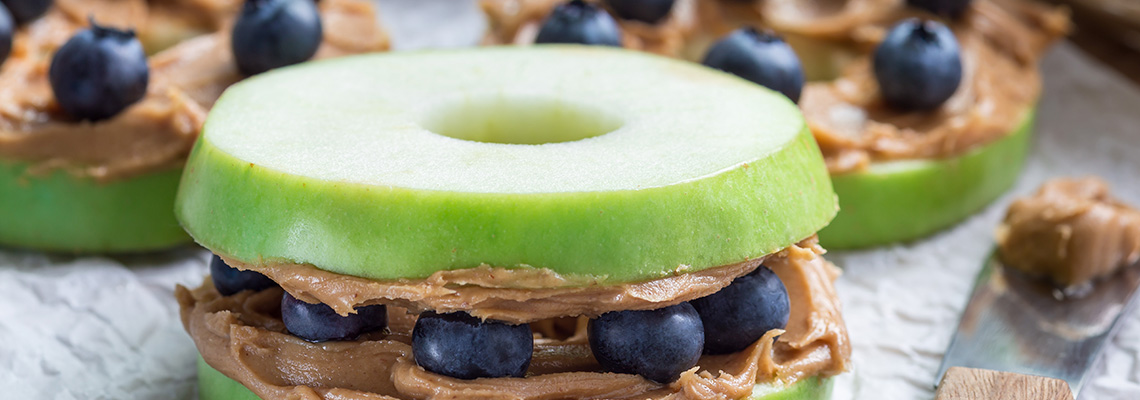21
2023
10 Healthy diet tips and food options for people working in the night

We live in an age where many consider sleep to be overrated. But medical science has been studying the increasing instances of sleep deprivation and how it adversely impacts our health.
There is direct correlation between sleep deprivation and lifestyle diseases like diabetes, obesity and hormonal disorders. Sleep deprivation can also show up as depression, anxiety, irritability, insomnia and fatigue. Nothing can counteract the effects of good night’s sleep. Our body functions optimally when a balance is achieved between, quality sleep, food, and exercise.
There is a lot we can learn by quietly observing the rhythm and order in the natural world. This natural rhythm is reflected in the internal functioning of our bodies. It is the reason we sleep at night and wake up in the morning. Our entire life revolves around this day-night pattern caused by the rising and setting of the sun, also known as the Circadian rhythm.
Simply put, the Circadian Rhythm is nothing but aligning our body and its functions, like eating and sleeping, to sunset and sunrise. It’s no big secret and was something that was practiced naturally by most cultures and civilizations.
We would all recall being encouraged by our elders to rise with the sun. It was a simple and natural formula for a healthy life and remains so till date. But like with most things, the beauty of its simplicity has been lost in the chaos of modern living.
Our gut recognizes this rhythm and hence our digestive fires are at their strongest during the day and weakest at night. Again, the reason we are told to have a hearty breakfast but a light dinner. It’s also the reason why traditionally, men and women went out to work during the day.
By aligning our eating and sleeping habits with the rhythm of the sun, there are a multitude of health benefits that we can harvest. Besides our digestion, it has a very positive impact on the health of our hormones and our heart.
But what about those of you out there who have to work at night? Since working at night goes against the body’s natural sleep pattern, what happens to all of you who work at call centers, or are medical professionals, security personnel or media persons, for instance? Are you not able to lead healthy, stress-free lives?
How do you prevent the onset of issues like obesity, diabetes and heart problems?
The answer, of course, involves a simple two-pronged approach - getting sufficient sleep and eating the correct food.
Even if you are working nights, you can and should make sleep a priority by setting a consistent routine for when you will sleep and wake up. You can also schedule shorts naps in between.
For good quality sleep, it is important to sleep in a room, with the blinds drawn to shut out any unwanted light.
Avoid using your mobile phone or watching TV before sleep as the blue light emitted from these devices has a negative impact on melatonin, a sleep hormone.
Finally, a comfortable bed and room temperature should do the trick. While this takes care of the sleep part, what about diet?
HEALTHY DIET TIPS FOR THOSE WORKING NIGHT SHIFTS
1. Avoid big, heavy meals. They will make you feel lethargic and sleepy. Instead go for small, light meals to keep you sharp and awake.2. Opt for low calorie, protein-rich food.
3. Choose foods with a low Glycemic Index to avoid a spike in blood sugar levels.
4. Fresh, homemade food is better than packaged or processed meals.
5. Avoid greasy food like French fries, potato chips, burgers and samosas.
6. Try to have your main meal by 7pm. It can be something as simple as dal, brown rice and vegetables or grilled chicken or any lean protein [balance with a lot of vegetables]. Remember as the night progresses, you may be wide awake but your metabolism may not.
7. Keep yourself well hydrated with at least 8-10 glasses of water. It will help you stay active.
8. Limit your intake of coffee and tea, especially after 5 pm. It may help you stay awake at night, but too much of it could have you tossing and turning in bed.
9. Include healthy, monosaturated fats like olive oil and nuts in your diet.
10. Stay away from sugary foods like candy, colas and cookies. Opt instead for a piece of dark chocolate if craving a sweet.
Here’s a list of some healthy food options which will not only keep your hunger at bay, but give you that much needed energy boost.
10 FOOD OPTIONS FOR THE NIGHT SHIFT
1. Wholegrain bread with hummus and veggies2. Vegetables and cottage or vegan cheese
3. Peanut/almond butter with wholegrain bread
4. Sandwiches [sourdough preferable] made with lean meat and vegetables
5. Beans/sprouts salad with veggies
6. Unsalted nuts, seeds and dried fruits
7. Greek or vegan yoghurt
8. Grain salads such as couscous, quinoa, bulgur and barley
9. Energy boosters like banana, apple, avocado, salmon and hard boiled eggs.
10. Hydrating foods like watermelons, zucchini, cucumbers and strawberries
